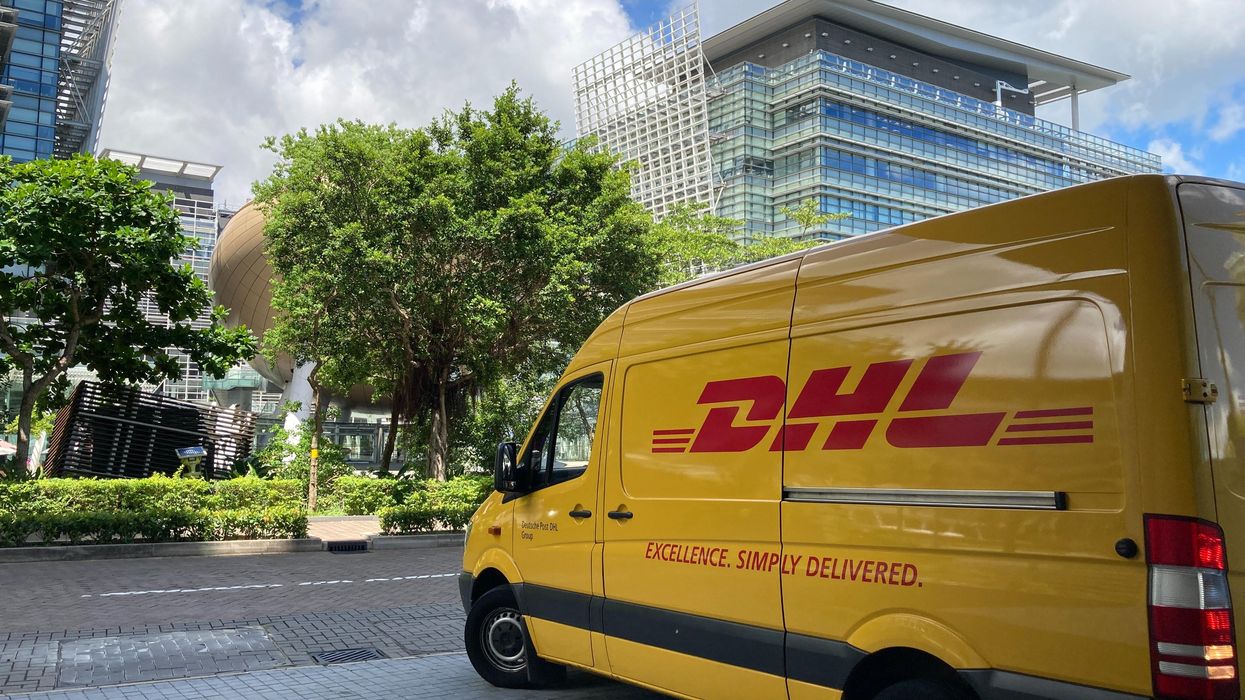Retail Channels
05 October 2022
DHL, BigCommerce partner to offer brands international shipping
Brands that use BigCommerce can access discount rates for DHL Express.

Brands that use BigCommerce can access discount rates for DHL Express.

Shipping provider DHL is partnering with ecommerce platform BigCommerce in a move that is geared toward helping US brands send goods to international customers.
The tie-up, announced this week, will provide B2C and B2B brands that use BigCommerce to set up and manage an online store with access to the following:
"As the needs of small startups, mid-market businesses and large enterprises continue to evolve and heighten, we will be able to further support B2B and B2C BigCommerce merchants by offering quick, reliable and expedited shipments that will help maximize their cross-border potential,” said Greg Hewitt, CEO at DHL Express in a statement.
The takeaway: Brands that work with platforms like BigCommerce can often plug into opportunities to offer services from carriers for delivery. DHL itself is already offered through Amazon, Shopify and WooCommerce. With this move, BigCommerce is adding an offer that provides a way to reach other countries, as well as a wider array of services.
Going global: Providing international growth has been a growing focus of ecommerce providers as they look to help brands capitalize on opportunities in other countries. Up to a certain level, there is opportunity to expand that doesn’t require standing up physical operations across borders. In other recent partnerships, Shopify recently released a suite of tools, called Shopify Markets Pro, to provide management of international business necessities like compliance, conversions and shipping. In June, Global-e acquired the cross-border commerce business Borderfree, which localizes domestic websites for specific countries. In turn, Pitney Bowes is now providing cross-border ecommerce logistics for Global-e clients. For its part, DHL has looked to invest in its network in recent years to meet ecommerce demand, and the partnership announced this week is one sign of its capabilities.Labor disputes on the West Coast could cause further disruption heading into peak season.
When the first half of 2023 is complete, imports are expected to dip 22% below last year.
That’s according to new data from the Global Port Tracker, which is compiled monthly by the National Retail Federation and Hackett Associates.
The decline has been building over the entire year, as imports dipped in the winter. With the spring, volume started to rebound. In April, the major ports handled 1.78 million Twenty-Foot Equivalent Units. That was an increase of 9.6% from March. Still it was a decline of 21.3% year over year – reflecting the record cargo hauled in over the spike in consumer demand of 2021 and the inventory glut 2022.
In 2023, consumer spending is remaining resilient with in a strong job market, despite the collision of inflation and interest rates. The economy remains different from pre-pandemic days, but shipping volumes are beginning to once again resemble the time before COVID-19.
“Economists and shipping lines increasingly wonder why the decline in container import demand is so much at odds with continuous growth in consumer demand,” said Hackett Associates Founder Ben Hackett, in a statement. “Import container shipments have returned the pre-pandemic levels seen in 2019 and appear likely to stay there for a while.”
Retailers and logistics professionals alike are looking to the second half of the year for a potential upswing. Peak shipping season occurs in the summer, which is in preparation for peak shopping season over the holidays.
Yet disruption could occur on the West Coast if labor issues can’t be settled. This week, ports from Los Angeles to Seattle reported closures and slowdowns as ongoing union disputes boil over, CNBC reported. NRF called on the Biden administration to intervene.
“Cargo volume is lower than last year but retailers are entering the busiest shipping season of the year bringing in holiday merchandise. The last thing retailers and other shippers need is ongoing disruption at the ports,” aid NRF Vice President for Supply Chain and Customs Policy Jonathan Gold said. “If labor and management can’t reach agreement and operate smoothly and efficiently, retailers will have no choice but to continue to take their cargo to East Coast and Gulf Coast gateways. We continue to urge the administration to step in and help the parties reach an agreement and end the disruptions so operations can return to normal. We’ve had enough unavoidable supply chain issues the past two years. This is not the time for one that can be avoided.”